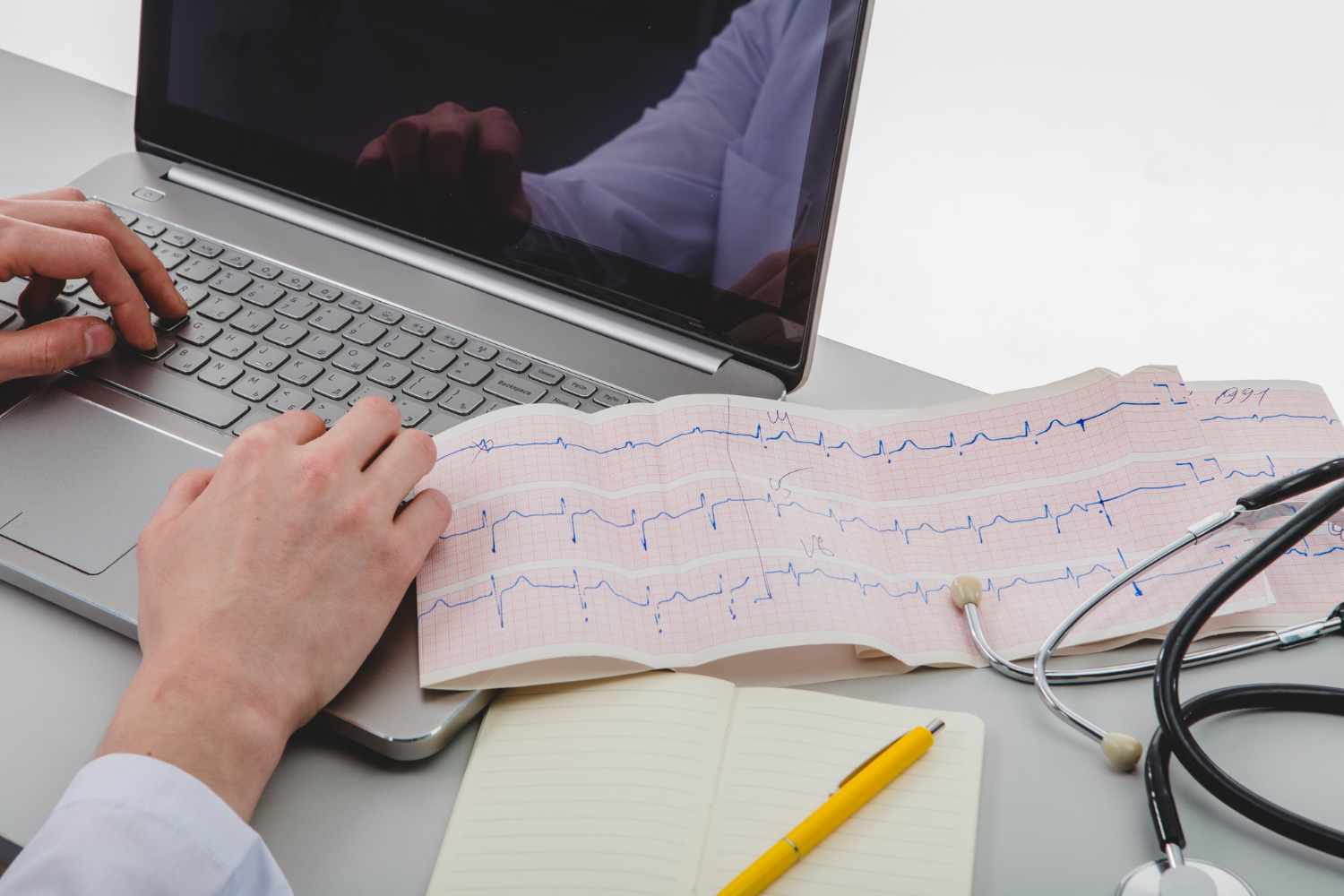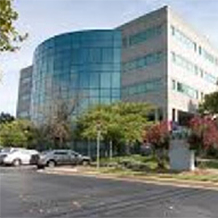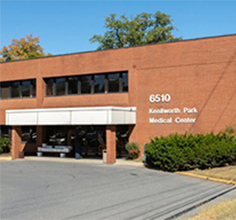
An electrocardiogram (ECG) is a noninvasive test designed to measure your heart’s electrical activity. Primary care doctors use this test to measure many aspects, including heartbeats and how the different heart chambers conduct electrical energy. While these tests are accurate, sometimes abnormal readings can arise, indicating a wide range of issues that require professional expertise. At Southern Maryland Medical Group, we have seasoned physicians who can interpret ECG readings and determine if further treatments are needed.
As mentioned, an ECG measures different aspects of a heart’s function. With that said, abnormal results can indicate a wide range of issues. Let’s delve into the common reasons for an abnormal ECG reading to help you make informed decisions.
The most common cause of an irregular ECG reading is irregular heartbeats, also known as arrhythmias. These can range from minor to life-threatening conditions like atrial fibrillation. If your heart doctor detects abnormalities in your ECG, they can assess the severity and recommend effective solutions to restore a normal heartbeat and avoid subsequent complications.
Did you know that an abnormal ECG reading can indicate an impending heart attack? An ECG test can detect changes in heart activity, such as tissue damage or ischemia (reduced blood flow). A reputable physician can accurately interpret these readings and recommend effective treatments or lifestyle adjustments to prevent cardiac emergencies.
Another reason for abnormal ECG readings is an electrolyte imbalance. When calcium, potassium, and sodium levels in the blood are imbalanced, they can result in abnormal ECG readings. A certified heart doctor can test electrolyte levels and determine the best course of action to maintain normal heart activity and ECG readings in the future.
Some heart conditions, such as hypertension, can cause the heart to enlarge and thicken over time. In such situations, the ECG reading can indicate abnormalities and prompt immediate action. In addition, some medications can alter heart function, causing changes in blood pressure, heart rate, and other cardiac changes that may affect heart rhythm.
When your primary care doctors identify issues with your ECG reading, they can recommend the appropriate steps to identify the cause, determine the severity of the problem, and recommend effective treatments to restore normal function.
As stated, when your ECG reading is abnormal, the primary care doctor in College Park, MD will guide you through the next steps to understand your heart’s condition. Here’s what you may expect depending on the results of your ECG.
An abnormal ECG reading prompts your physician to conduct further tests, including stress tests, echocardiograms, holter monitors, and blood tests. Depending on the results of your tests, the heart doctor will devise a tailored treatment plan that meets your specific heart needs and enhances overall well-being.
The next step is to review your current medications that might affect the ECG reading. Sometimes, a change in medication type or dosage can result in ECG changes. With this in mind, consulting a professional can ensure timely intervention and resolve underlying issues effectively to restore normal ECG readings.
If you have an underlying heart condition, such as high cholesterol, hypertension, or obesity, your primary caregiver may suggest treatment options that depend on the diagnosis. This can range from medications to reduce blood pressure or regulate heart rhythm, to more invasive treatments like surgery or stenting in the case of blockage.
At Southern Maryland Medical Group, we prioritize patient experience throughout the treatment process. Our seasoned heart doctors work closely with patients to help them understand the results and the next steps for optimal health. Contact us today to schedule an appointment and enjoy the highest quality of medical services.
Southern Maryland Medical Group has 3 convenient locations to provide professional medical care services in the Southern Maryland area. Call or schedule an appointment with one of our locations to get medical care help.

5801 Allentown Road, Suite 400 Camp Spring, MD 20746
Phone: 301-868- 0150
Billing Inquiries: 301-552-1270
Fax: 301-868-0243

7500 Greenway Center, Dr #1200 Greenbelt, MD 20770
Phone: 301-486-7580
Billing Inquiries: 301-552-1270
Fax: 301-486-7581

6510 Kenilworth Ave, Ste 1400, Riverdale MD 20737
Phone: 301-618-0771
Billing Inquiries: 301-552-1270
Fax: 301-618-0772